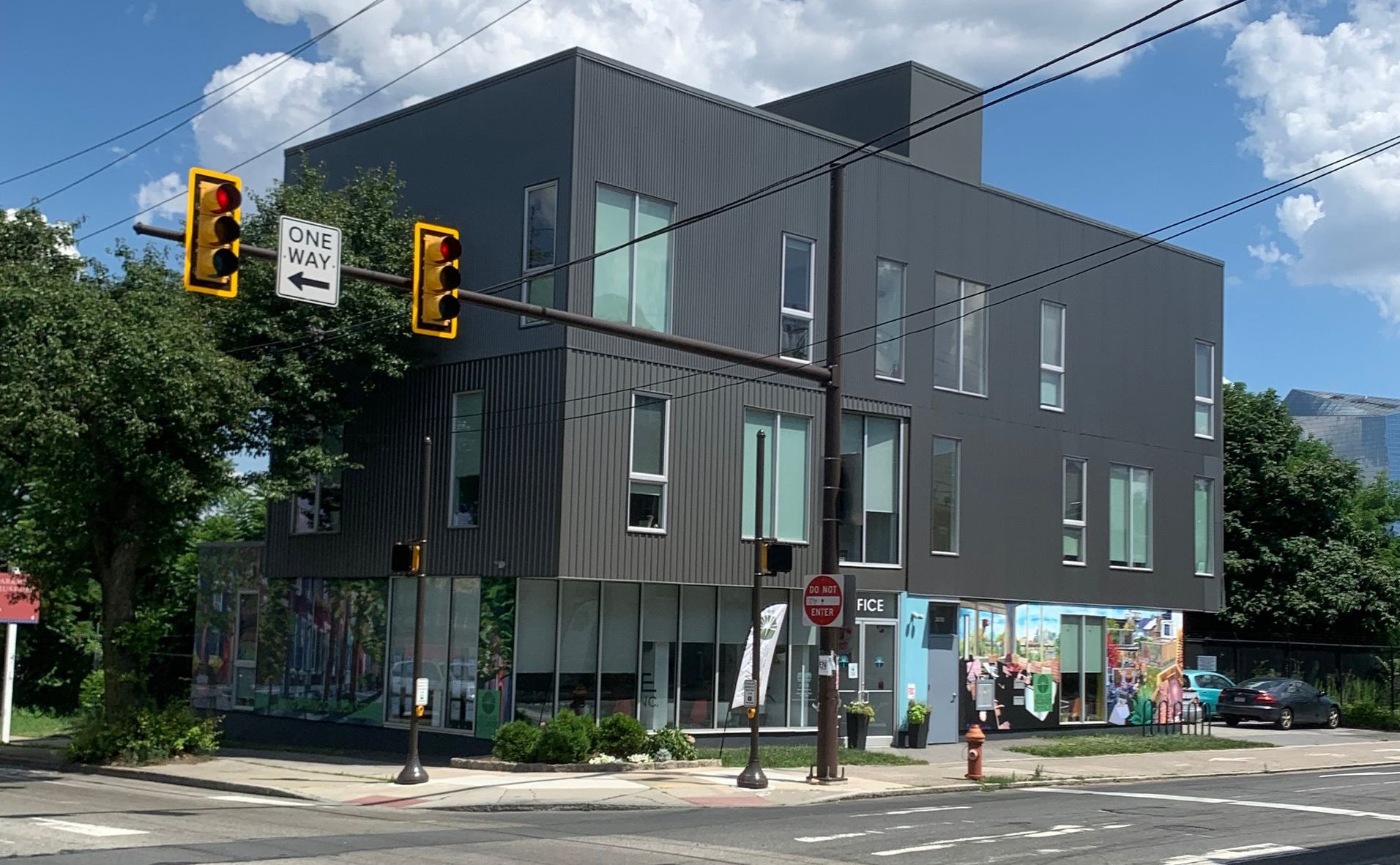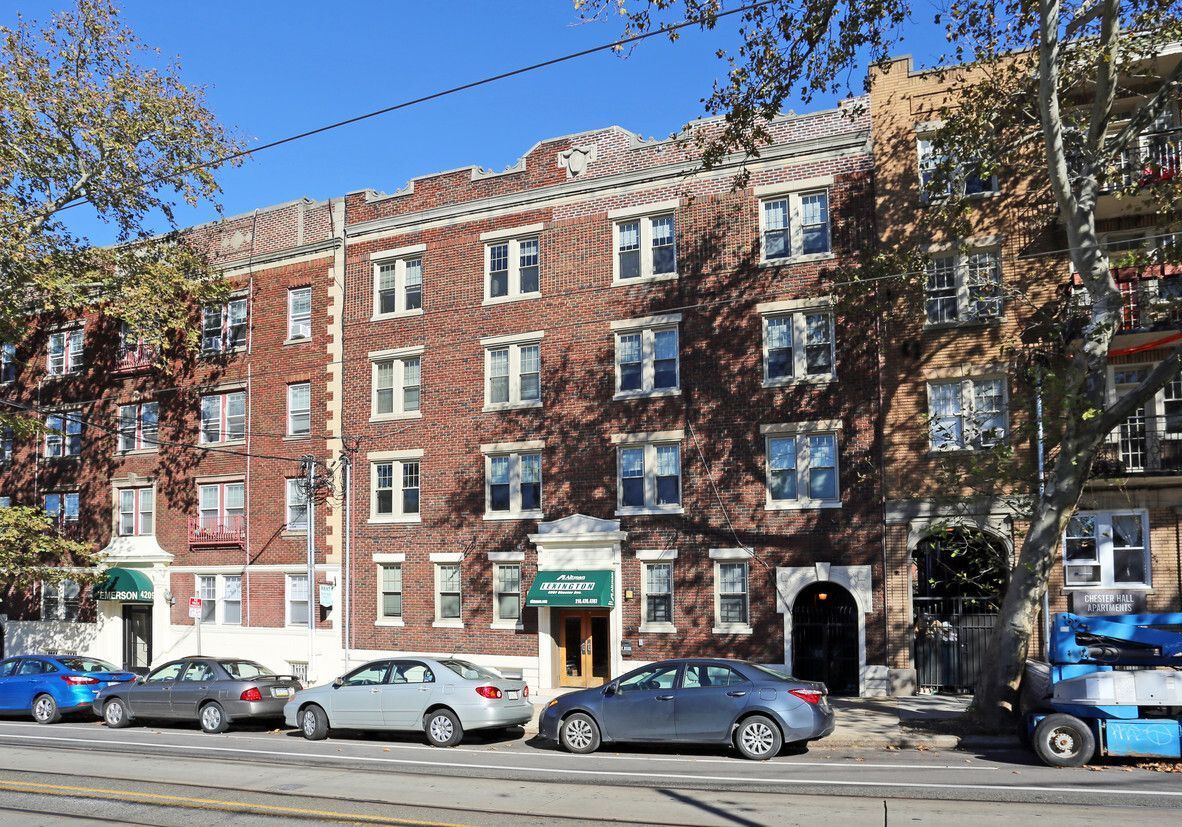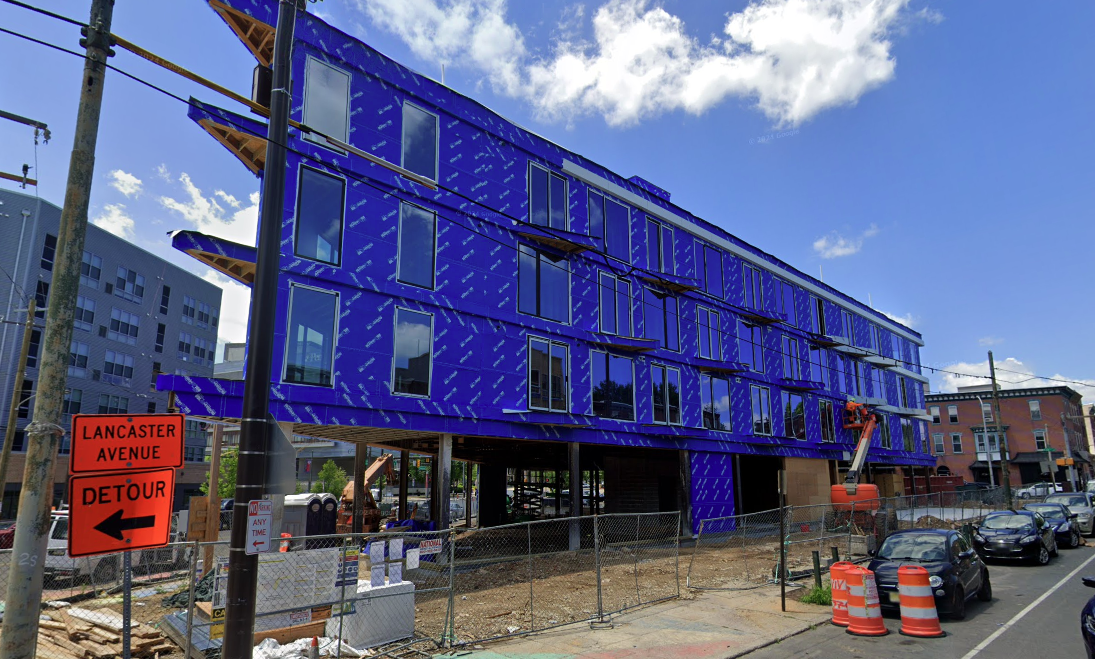As a loan officer, one of the most common questions I get is, “How do I know if I qualify for a mortgage?” The journey to homeownership can seem overwhelming, especially when it comes to navigating the mortgage process. This guide will help clarify the key factors that lenders look for when determining whether you qualify for a mortgage and offer tips to improve your chances of approval.
1. Credit Score
Your credit score is one of the most significant factors in determining your mortgage eligibility. It reflects your financial history and your ability to manage credit responsibly. Lenders use your score to assess the level of risk in lending you money.
- What’s a
Good Credit Score?
A FICO score of 620 or higher is typically the minimum required to qualify for most conventional loans. However, to get the best interest rates and terms, you’ll want a score of 740 or above. FHA loans, which are government-backed, allow for lower credit scores, sometimes as low as 580 with a higher down payment, but the interest rates might be higher.
- How to Improve Your Credit Score: If your credit score is below the lender’s requirements, there are ways to improve it:
- Pay down high balances on credit cards.
- Avoid opening new lines of credit.
- Dispute any errors on your credit report.
Checking your credit score and understanding what is affecting it is the first step in knowing if you qualify for a mortgage. Keep in mind that different types of loans have different credit score requirements.
2. Income and Employment History
Your income is a critical factor in determining your mortgage eligibility because lenders need to ensure you have a steady source of income to make your monthly payments. However, it’s not just about how much you earn—it’s also about the stability of your income.
- What Do Lenders Look For? Lenders typically prefer to see at least two years of consistent employment in the same field or industry. This demonstrates financial stability and reduces the lender's risk. If you've recently changed jobs but stayed within the same industry, it may not negatively impact your chances, especially if you moved to a higher-paying position.
For those who are self-employed or have multiple income streams, lenders will scrutinize your tax returns and business financials more closely. Expect to provide two years of tax returns, profit and loss statements, and other documentation to verify your income.
- Types of Income Lenders Consider: Besides your regular salary, lenders may also consider:
- Alimony or child support (if consistent and documented)
- Social Security or disability income
It’s important to have all income sources well-documented. This will provide the lender with a clear picture of your financial situation and improve your chances of getting approved.
3. Debt-to-Income Ratio (DTI)
Your
debt-to-income (DTI) ratio measures how much of your monthly income is used to pay debts. It is calculated by dividing your monthly debt payments by your gross monthly income. Lenders use this ratio to determine how much mortgage you can afford.
- What’s an
Acceptable DTI Ratio? Most lenders prefer a DTI ratio of 36% or lower, though some may go up to 43% or higher for certain loan types, like FHA loans. The lower your DTI ratio, the better, as it shows lenders that you’re not overburdened by existing debt.
There are two types of DTI ratios that lenders evaluate:
- Front-End Ratio: This is the percentage of your income that goes toward housing costs, including the mortgage payment, property taxes, homeowners insurance, and homeowners association (HOA) fees.
- Back-End Ratio:
This includes all your monthly debt obligations, such as credit cards, student loans, car loans, and the mortgage.
- Improving Your DTI Ratio:
- Pay off smaller debts before applying.
- Increase your income if possible.
- Avoid taking on new debts before applying for a mortgage.
Lowering your DTI ratio will improve your mortgage application and possibly allow you to qualify for a larger loan.
4. Down Payment
The size of your down payment plays a crucial role in mortgage qualification. It affects both your loan terms and how much you can borrow. A larger down payment typically results in a lower loan amount, which can make you less risky in the eyes of the lender.
- How Much Should You Save for a Down Payment? While many believe you need 20% down, there are options with lower down payments:
- Conventional Loans: Typically require as little as 3-5% down, but if you put down less than 20%, you’ll likely need to pay private mortgage insurance (PMI), which protects the lender if you default.
- FHA Loans: These require a minimum of 3.5% down, making them attractive to first-time homebuyers.
- VA Loans: If you qualify for a VA loan as a veteran or active-duty military member, no down payment may be required.
- USDA Loans: For eligible rural and suburban homebuyers, USDA loans also offer a zero down payment option.
The larger your down payment, the lower your monthly payments and the less risk for the lender. If you can save more than the minimum, it will also improve your chances of qualifying for a mortgage.
5. Assets and Savings
In addition to your income, lenders will want to know that you have enough assets to cover the down payment, closing costs, and emergency funds after the purchase. These assets provide reassurance to the lender that you have a financial cushion.
- What Assets Do Lenders Consider?
- Investments (stocks, bonds, mutual funds)
- Retirement accounts (401(k), IRA)
- Real estate or other valuable properties
Some loan programs require proof of “reserves,” meaning you have enough savings to cover at least 2-6 months of mortgage payments in case of emergencies. Having a well-documented asset portfolio can significantly improve your mortgage approval odds.
6. Property Type and Location
The type and location of the property you’re looking to buy can also impact your mortgage qualification. Certain property types, like multi-family homes, condos, or homes in rural areas, may have stricter lending requirements.
- Primary Residence vs. Investment Property:
- Primary Residence: Lenders typically offer better terms for homes that you plan to live in, as they are considered lower risk.
- Investment Property:
These properties may require higher down payments and interest rates because lenders view them as riskier, as there’s less assurance that you’ll make payments if things go wrong.
- Condos and Co-ops: If you’re buying a condominium or co-op, lenders will also review the financial health of the association or cooperative. If the association has financial issues, it could impact your ability to qualify for a loan, or the terms might be less favorable.
7. Loan Type
The type of loan you choose can influence your mortgage qualification as different loans have different requirements. Common loan types include:
- Conventional Loans: Require higher credit scores and down payments but may have lower interest rates.
- FHA Loans:
Ideal for first-time homebuyers or those with lower credit scores. They offer more flexible qualification criteria but often come with higher mortgage insurance premiums.
- VA Loans: For veterans and active-duty military members, these loans offer excellent terms with no down payment requirements, but you must meet specific service requirements.
- USDA Loans: Designed for rural buyers, USDA loans have no down payment requirements and are geared toward low- to moderate-income borrowers.
Choosing the right loan type will depend on your financial situation, credit score, and the amount of your down payment.
8. Pre-Approval Process
If you think you meet the criteria for a mortgage, getting pre-approved is the next logical step. During the pre-approval process, a lender will review your credit, income, assets, and debts to determine how much you can borrow.
- It shows sellers that you’re a serious buyer.
- It gives you a clear idea of your budget.
- It can expedite the home buying process once you make an offer.
Pre-approval is not a guarantee, but it’s a strong indicator that you qualify for a mortgage.
Conclusion
Qualifying for a mortgage involves understanding and meeting several key criteria, including your credit score, income, debt-to-income ratio, down payment, and the type of property you want to buy. As a loan officer, I always recommend starting with a realistic assessment of your financial situation and working to improve any areas that may need attention. Remember, preparation is key—by improving your credit score, lowering your debt, and saving for a down payment, you’ll significantly increase your chances of qualifying for a mortgage and securing the home of your dreams.
If you are unsure where to start, you can always reach out and we can come up with a plan of action to get you pre-approved to purchase a home.

















